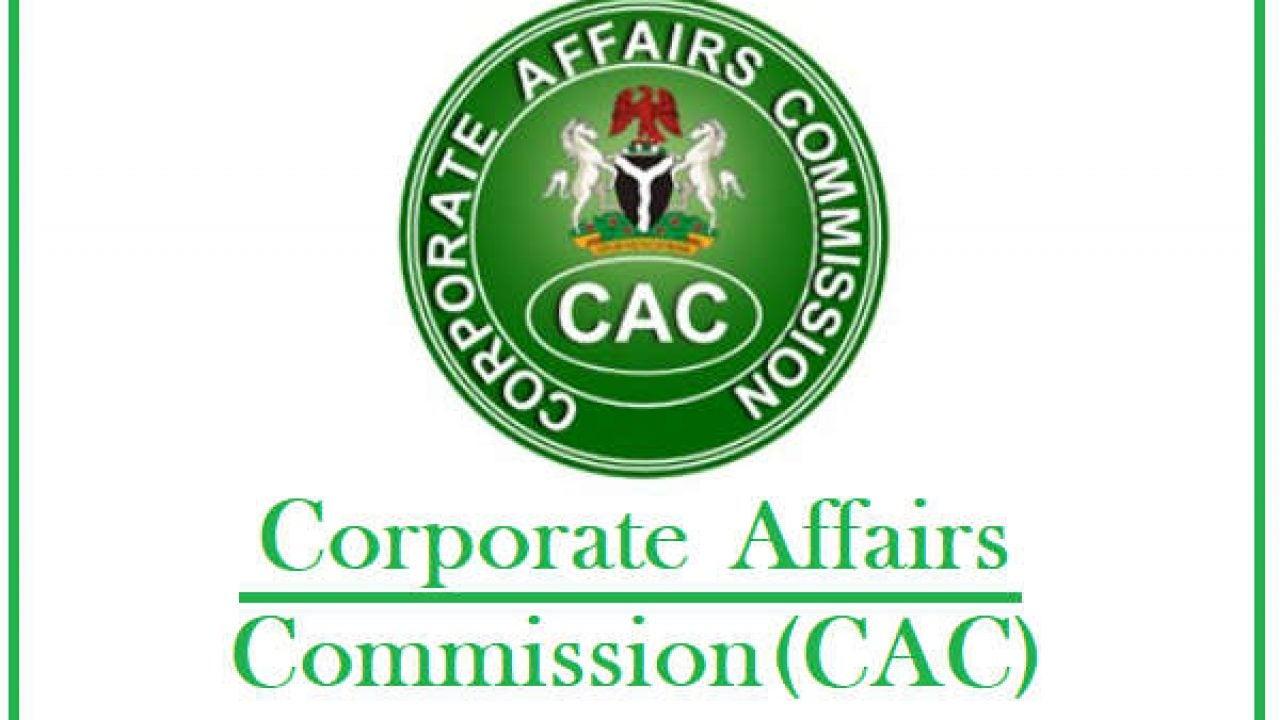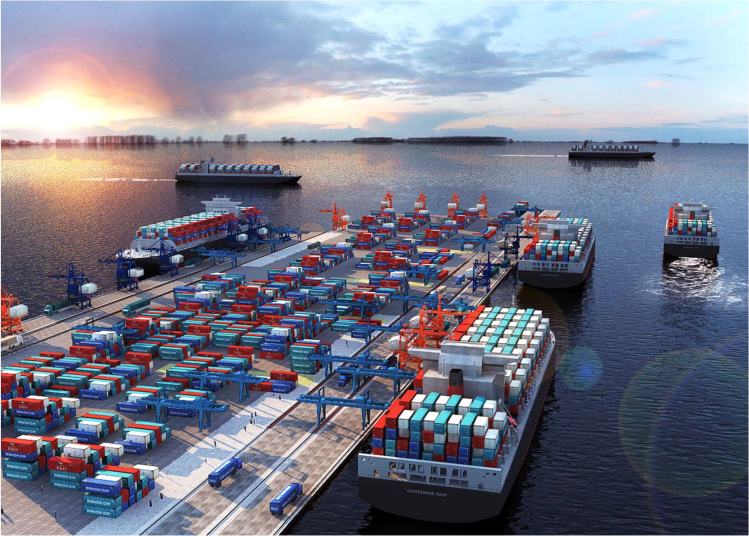The Director-General, Chartered Insurance Institute of Nigeria, Mr. Richard Borokini, speaks with NIKE POPOOLA on the need for insurers to invest more in human capital development, among other issues
Why are issuers of fake insurance certificates still thriving in the country despite the efforts of regulators and professional groups?
They are thriving because enforcement is weak. Enforcement of compulsory insurance is weak generally; that is why it is possible for somebody to be walking about with a fake insurance certificate. If you want to import your goods, the law says that you should insure them with a registered insurance company. Instead of going to a registered insurance company to buy a genuine insurance, some people decide to go to buy a fake insurance policy from the port. If Customs officials will ensure that every importer carries a genuine insurance cover, then there won’t be any fake insurance policy. The same is with motor vehicles. Enforcement is also weak because at the place where these documents are issued, there is usually a racket, and definitely it is at the licensing offices where vehicle particulars are issued that some of the cabal operates, giving face insurance certificates. Rather than pursue genuine insurance, many desperate motorists go for a fake one. Again, the police and other enforcement agencies cannot differentiate between a fake and genuine insurance cover.
Technology would have assisted to check fake insurance and I think the insurance industry is going the way of technology to check that. For example, if you have to purchase your insurance and your certificate is on a portal, if a law enforcement agency is asking somebody on the road for his insurance, he verifies from the Nigerian Insurance Industry Database if it is genuine. If it is not genuine, it will show. The Nigerian Insurers Association is doing a lot of work on this. They are also doing something similar to the marine certificate. That will go a long way to eradicate fake insurance but the enforcement is weak. Until we improve on the enforcement of these laws, we will still have the issue of fake insurance.
Have foreign investors made any significant contribution to the industry?
Every economy wants foreign direct investment but then, the FDI should come to the sectors that are required. The issue is whether we need foreign direct investment in insurance? Some years back, we did a recapitalisation. Although with the current devaluation of the naira, the capital base of many insurance companies has been depleted if you have to convert it to dollar terms. Therefore, there may be a need to actually call for more capital. If that capital is coming from abroad, why not? Probably, they will come in with better corporate governance. In terms of corporate governance, there may be some positive terms to it. Maybe in terms of product innovation, there could be an advantage. But for those ones that have come in, we have not really seen the impact. That is to show you that the Nigerian environment is a peculiar environment, and for you to operate there, you have to be able to understand the peculiarity of the environment. Largely, if you look at it, the first 10 insurance companies are still companies that are locally bred, but that is not to discourage foreign investors from coming in. The insurance penetration in Nigeria is low, and because the penetration is low, there is potential for anyone to come in. So, let them come in if they are able to bring innovation to increase insurance penetration. It will be good. However, in terms of whether those that have come have made any great impact, we are still watching.
What impact is recession having on the insurance industry?
Whatever is happening in the insurance industry is strictly tied to the economy. If there is positive development in the economy, it will affect the growth of insurance. Demand for insurance generally is tied to the purchasing power of the average Nigerian. So, if the purchasing power of the average Nigerian is affected by what is happening, definitely the ability to purchase insurance will also be affected. Therefore, the demand for insurance is tied to the well-being of the average Nigerian. And in this time of recession, people can hardly meet their basic needs. If they cannot meet their basic needs, then of course, it will affect insurance. However, it is the time of recession that people should even insure the more, because you need to protect your assets. As with the value of dollar to naira, it has depreciated drastically and what that means is that if it took you N1m to do a particular project a year ago, with the exchange and inflation rate that has gone up, it will probably take you about N3m to do it now. So, it is now imperative for you to protect that asset. And how do you protect the asset? You have to protect the asset by insuring it against risks that could occur like fire or flood. A time of recession is not a time for people to shy away from insurance; it is the time to insure, in particular, to insure assets that will be costlier to replace if anything happens to them.
What are the recent things the institute has been doing to develop the sector?
One of the first things that we have embarked upon is to engage in corporate visits to insurance institutions. The insurance institutions are our major constituencies and these are the insurance companies, brokers and loss adjusters. We have been meeting with them to solicit their support for the institute’s programmes and to have a feedback on how we can serve them better.
We have also been trying to let them know about what the institute has in store for them as partners in developing the insurance industry. We want to let them know the programmes that the institute has in place to deepen insurance penetration in Nigeria and for the development of our members. We also want to let them know the benefits of being members of the institute.
We have also started some programmes to help in the professional development of our members. One of them is the breakfast seminar that we have instituted.
We also want to let people know about creating awareness for the industry in general and we try to go as much as engaging government services in doing this.
What impact has the annual professional forum by the CIIN had on the sector?
The professional forum is the largest gathering of insurance professionals so far in Nigeria. It started about 25 years ago and has been growing in leaps and bounds. The essence is to bring professionals together to discuss issues that will enable them to perform better as professionals. The main reason for the forum is to discuss issues that will enable them to be better professionals; to equip them with relevant knowledge that will enable them to practise as insurance practitioners, and that usually informs the theme of the forum and the kind of speakers we bring on board.
What are the major contributions of the CIIN to the Insurance Act that is being reviewed?
The insurance decree is being reviewed and we are one of the major stakeholders that made input into the law. It is still a draft so I may not say much on it. Some of the inputs we made are for the betterment of the average professional in the industry and relates to the fact that if you are a professional, you must continue to develop yourself. It is not just being able to acquire the certificate, but you must continue to develop yourself and the new act will address that issue. You have to develop yourself to meet the reality of the present time.


 Naira4 weeks ago
Naira4 weeks ago
 Billionaire Watch4 weeks ago
Billionaire Watch4 weeks ago



 Naira4 weeks ago
Naira4 weeks ago






 Naira4 weeks ago
Naira4 weeks ago


 Naira3 weeks ago
Naira3 weeks ago






 Naira3 weeks ago
Naira3 weeks ago
 Economy4 weeks ago
Economy4 weeks ago


 Naira3 weeks ago
Naira3 weeks ago





















